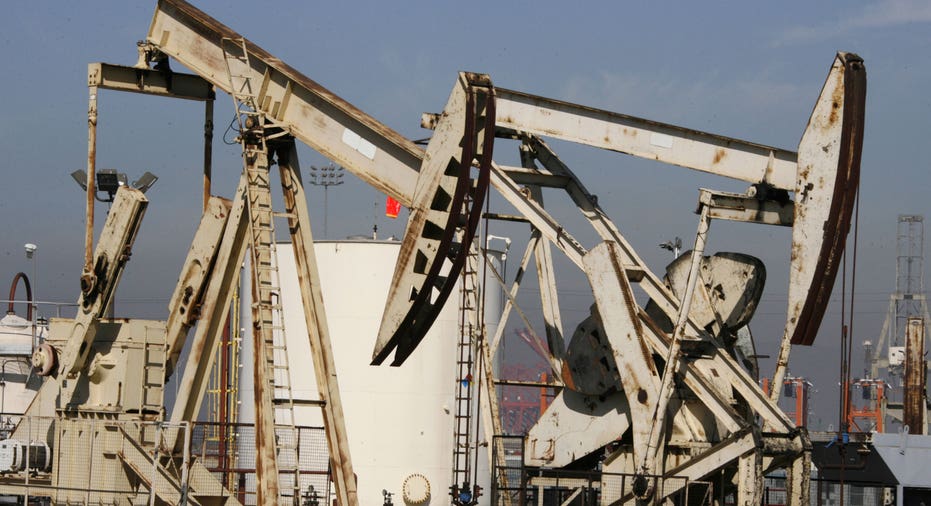Oil steady on Iran sanction worries, surging U.S. supplies

(Reuters)
Oil prices were stable on Wednesday, supported by concerns that the United States may re-impose sanctions on major exporter Iran, although soaring U.S. supplies capped gains.
Brent crude oil futures were at $73.14 per barrel at 0148 GMT, virtually unchanged from their last close.
U.S. West Texas Intermediate (WTI) crude futures were up 15 cents, or 0.2 percent, at $67.40 per barrel.
Iran, a member of the Organization of the Petroleum Exporting Countries (OPEC), re-emerged as a major oil exporter in January 2016 when international sanctions against Tehran were lifted in return for curbs on Iran's nuclear program.
Iran's oil exports hit 2.6 million barrels per day (bpd) in April, the Oil Ministry's news agency SHANA reported on Tuesday, a record since the lifting of sanctions, with China and India buying more than half of Iran's oil.
The United States, however, has expressed doubts over Iran's sincerity in implementing those curbs and President Donald Trump has threatened to re-impose sanctions.
Trump will decide by May 12 whether to restore U.S. sanctions on Tehran, which would likely result in a reduction of its oil exports.
"If Trump abandons the deal, he risks a spike in global oil prices... The re-introduction of U.S. sanctions would hurt Iran's ability to transact in dollars," said Ole Hansen, head of commodity strategy at Saxo Bank.
"A re-introduction of sanctions without seeing other OPEC-members increase production could remove an estimated 300,000-500,000 bpd of Iranian barrels," he added.
Despite the threat of new Iran sanctions, other factors prevented crude prices from rising further.
U.S. crude inventories rose by 3.4 million barrels to 432.575 million in the week to March 27, according to a report by the American Petroleum Institute (API) on Tuesday.
The rising inventories are in part a result of soaring U.S. production, which has jumped by more than a quarter in the last two years to 10.6 million barrels per day (bpd), making the United States the world's number two crude oil producer behind only Russia, with 11 million bpd.
"Oil supplies (from the United States) are continuing to grow and there are no signs of a reversal," said Fawad Razaqzada, market analyst at futures brokerage Forex.com.
U.S. drillers added five oil rigs looking for new production in the week to April 27, according to energy services firm Baker Hughes, bringing the total count to a March 2015 high of 825.
(Reporting by Henning Gloystein; editing by Richard Pullin)



















